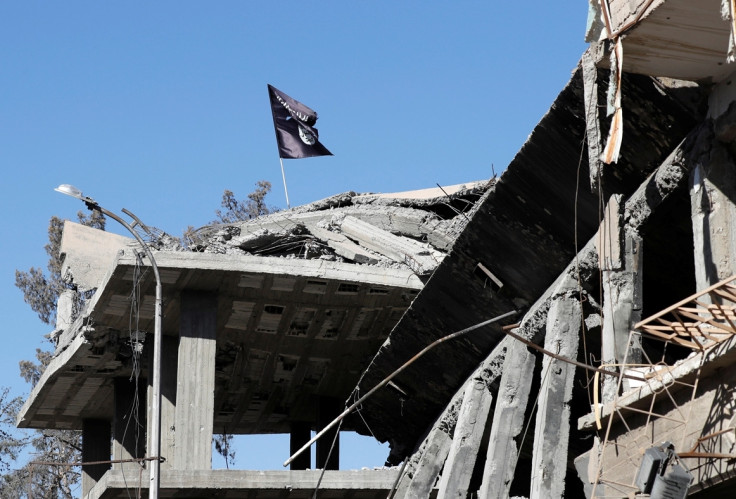European borders facing threat of female jihadis and their children returning from war zones
Around 1,000 European women and even more of their children have joined extremist causes in Iraq and Syria.
A report by Frontex, the European Border and Coast Guard Agency, found that women and children returning from war zones are an increasingly difficult threat to asses for security services across the continent.
The report found that when Isis first boomed in 2014, the primary concern were the numbers of men going out from across Europe to fight in places such as war-torn Syria. However, it notes that "Islamist radicalisation is no longer a male dominated phenomenon. Under Daesh, women have taken on prominent roles, particularly in scouting for and encouraging other women to travel to the main areas of operations."
Approximately 1,000 women have travelled from Europe to join the ongoing conflict as members of Isis. Along with these women, several hundred children are also thought to have travelled with them.
The report into the risks that European borders face in 2018, found that identifying these women was becoming a problem to maintain security.
While some of the women take up active roles in combat or behind-the-scenes, it has been hard to decipher the exact role for many others.
The report said that "many cases are now de facto widows and orphans, since their involvement in violent activities in Syria or Iraq often remains elusive."
As these women contemplate returning to their countries of origin, the issue of assessing their threat level and sharing information with authorities comes to the fore.
They point to the case of the plot to attack the Notre Dame Cathedral in Paris back in September 2016 which had been masterminded by several women working in cooperation with Isis.
To counter this threat, Frontex said it is supporting EU member states "through screening, registration, document checks or voluntary debriefing activities... [and] regularly providing data from its debriefing interviews to Europol.... [which] could possibly include information on terrorists."
Returnees to the UK
According to the Soufan Center, a non-profit organisation analysing security issues, at least 400 individuals who had served in Isis have returned to the UK.
Some these returnees do so of their own accord and others because they are captured or arrested.
All returnees, "whatever their reason for going home, will continue to pose some degree of risk," the Soufan Center predicted.
Last week, the UK security minister Ben Wallace said that the government was "taking decisive action to protect the public from the threat posed by individuals who have travelled to fight in the conflict in Syria and Iraq.
"We are using our range of tools to stop people returning and, where this is not possible, to manage the risk they may present if they do return."
Demise of Isis
Fresh concerns have been raised as Isis continues to lose ground against the various forces that it has been fighting in recent years.
It is estimated that of the more than 40,000 foreigners that joined Isis from more than 110 countries, around, 5,600 of them from 33 different countries had returned home.
Women returning to various nations outside of Europe face an uncertain future. A Turkish woman was sentenced to death last week in Iraq after she was accused of being an Isis member.
And a German woman was also sentenced to death in January for belonging to the terror group, along with a Russian fighter who was also sentenced to death in Iraq last year.
Isis had control of around a third of Iraq at one stage in 2014, but the Iraqi forces declared victory over the terror group after years of intense fighting.







